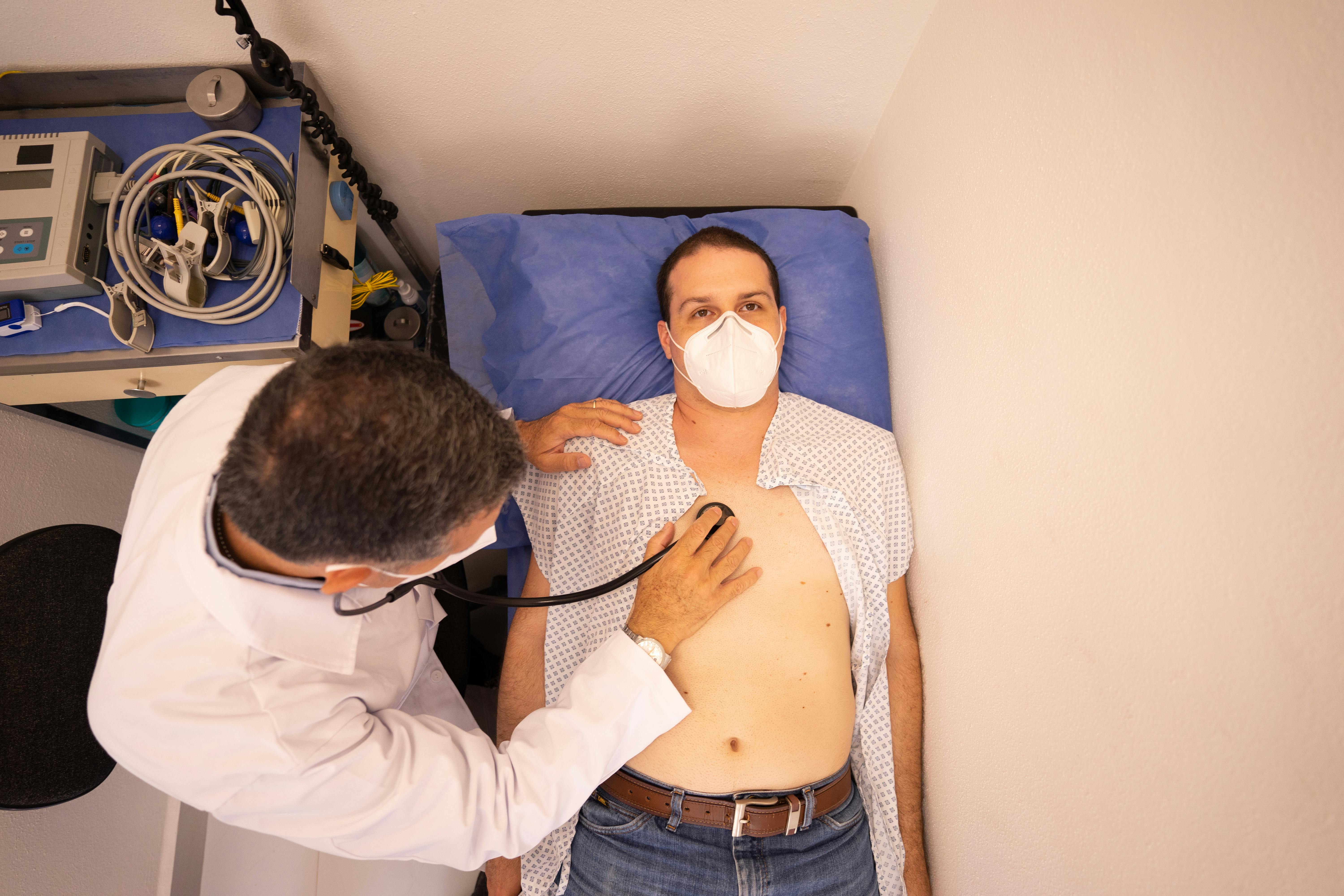

Cigarette smoking is undeniably a danger to your health. Globally, smoking accounts for up to 36% of first heart attacks and causes about one in every five deaths in the US each year. This makes it the leading preventable cause of death and illness in the United States.
While smoking harms nearly every organ in the body, it is considered a major risk factor for heart disease. In fact, any amount of smoking can cause damage to the heart and blood vessels, increasing your likelihood of developing atherosclerosis — or plaque buildup in the arteries. For people who have other heart disease risk factors such as unhealthy blood cholesterol levels, high blood pressure, and overweight or obesity, smoking raises the risk of heart disease even more.
Today, there are a variety of ways one can start their smoking cessation journey. Between smoking cessation aids and prescription medication, however, you can also get the support of your cardiologist to help with smoking cessation. Below, we'll look at some popular smoking cessation methods today and how a cardiologist can provide additional support along the way:

Nowadays, some popular means of quitting smoking are nicotine replacement therapy (NRT) products. NRT products range from nicotine patches to gums and lozenges and are FDA-approved for smoking cessation. Likewise, many oral nicotine products today are marketed as safer, smoke-free alternatives to cigarettes and e-cigarettes, providing microdoses of nicotine to help ease the habit instead of quitting cold turkey.
VELO nicotine pouches are a popular brand available today, offering various flavors, from mint to coffee, and nicotine strengths - 2mg to 7mg. Many users of the product attribute their smoking cessation to the ease of use and satisfaction provided by the pouches while being 100% free from the harms of tobacco and smoke.
Other oral nicotine products, like nicotine gums and lozenges, are edible and dissolvable, making them a good alternative for people who may not be used to using pouches. Lucy nicotine lozenges are one of the latest to join the line of modern oral nicotine products and are FDA-approved for smoking cessation. The brand's line of nicotine gum, however, is not.
So, you may be wondering where your cardiologist comes in. Your cardiologist can play a significant role in your smoking cessation journey by providing support, counseling, and medical guidance.
Mainly, cardiologists are qualified to provide cardiovascular assessments according to your specific needs. They can also offer personalized quitting strategies and can provide long-term support through follow-ups to keep you accountable.
In a previous guide for finding a cardiologist in Canada, we highlighted the importance of identifying your specific needs, Cardiologists specialize in various areas, and the right cardiologist can help assess cardiovascular risks associated with smoking. Afterward, they can discuss your next steps for smoking cessation and use your assessment as a baseline for monitoring progress throughout your journey.
As mentioned above, your cardiologist can also offer personalized quitting strategies depending on your needs, challenges, and daily lifestyle. Researchers in a Frontiers in Public Health study found that personalized smoking cessation interventions are especially effective for people who don't want to use cessation aids or are otherwise unmotivated. Aside from your cardiovascular risk assessment, your cardiologist may ask you about your smoking patterns and triggers to recommend better solutions.
Finally, tracking your quitting journey can be a great way to keep you motivated and accountable. Working with your cardiologist allows you to have scheduled follow-ups throughout your cessation process. During these, your cardiologist can monitor improvements in your cardiovascular health and help address challenges or relapses by offering additional support or medication. Quitting isn't easy, so it helps to have behavioral support from a qualified professional.


0 Comment